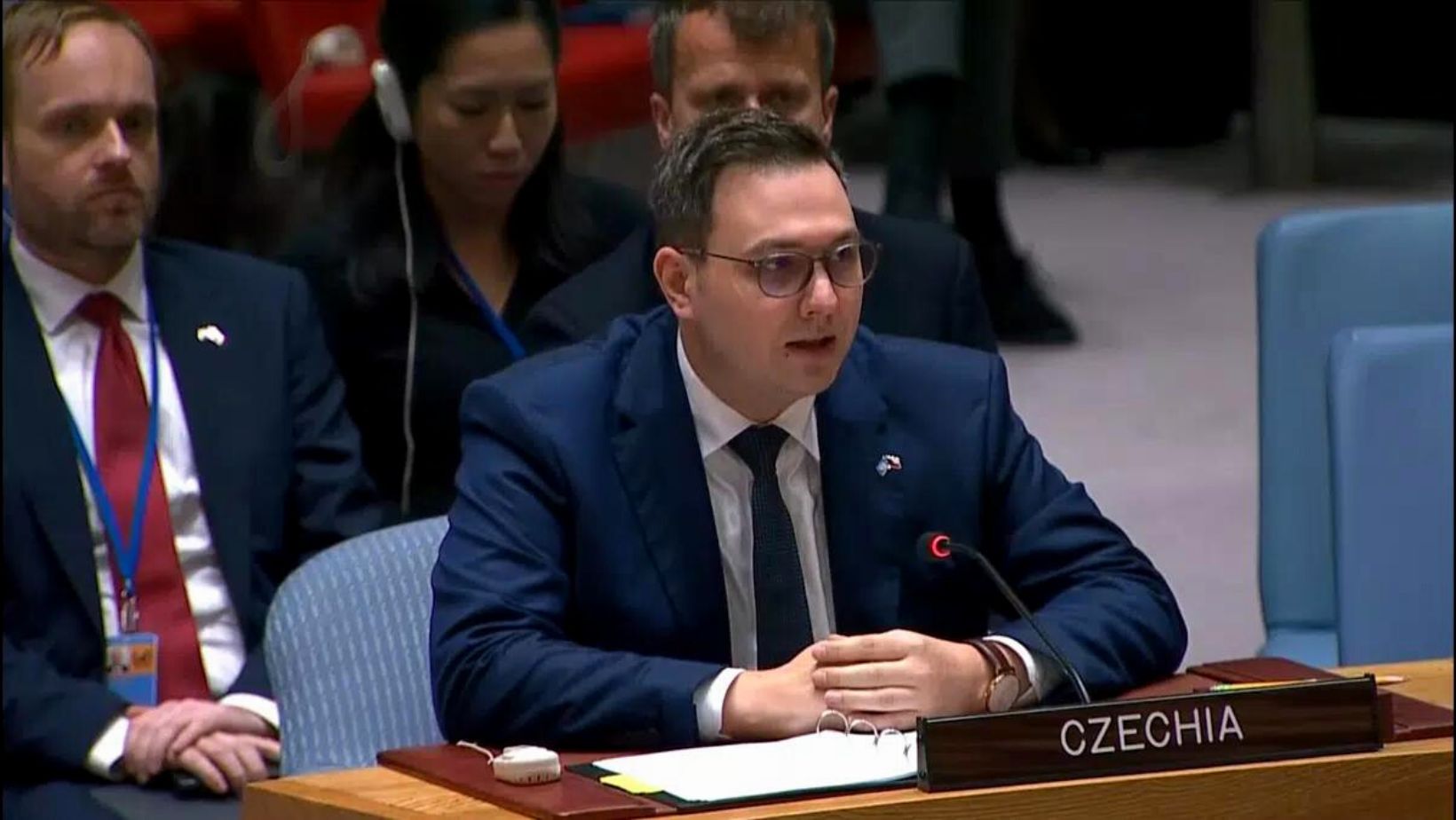Russian President Vladimir Putin announced a “partial mobilization” of reservists as his country faces setbacks in its invasion of Ukraine. The move, announced in an address to his nation on Wednesday, marks Russia’s first military mobilization since World War II.
What does partial mobilization mean?
Partial mobilization is a term for when specific groups of people will be called up to serve in Russia’s armed forces. It is different from a general mobilization, which involves drafting from the general population, refocusing the entire economy and essentially setting the whole country on a warpath, hitting a pause on normalcy.
How many Russian reservists will be called up by Putin?
Russian Defense Minister Sergei Shoigu said Wednesday following Putin’s address that Russia would call as many as 300,000 reservists to military service. Russians have reportedly already begun to receive notices summoning them to appear for service.
Shoigu said the country’s “mobilization resource amounts to 25 million people, and a little more than 1 percent of this number falls under partial mobilization” as ordered by Putin.
If true, this is a significant increase: Russia is believed to have invaded Ukraine with about 150,000 troops in late February — so an additional 300,000 is more than double that. While it’s unclear how exactly the reservists would be deployed, Putin’s move follows reports of heavy troop losses in Ukraine. It would be the first military mobilization in the history of modern Russia.
Why would Russia need a partial mobilization?
Moscow is facing a significant troop shortage, despite recent recruitment efforts that have included enlisting prisoners and sending volunteers to the front lines with little training, analysts said. “Putin likely hopes to improve Russian force generation capabilities by calling on the Russian people to volunteer for a war to ‘defend’ newly claimed Russian territory,” the Institute for the Study of War said of the annexation plans.




